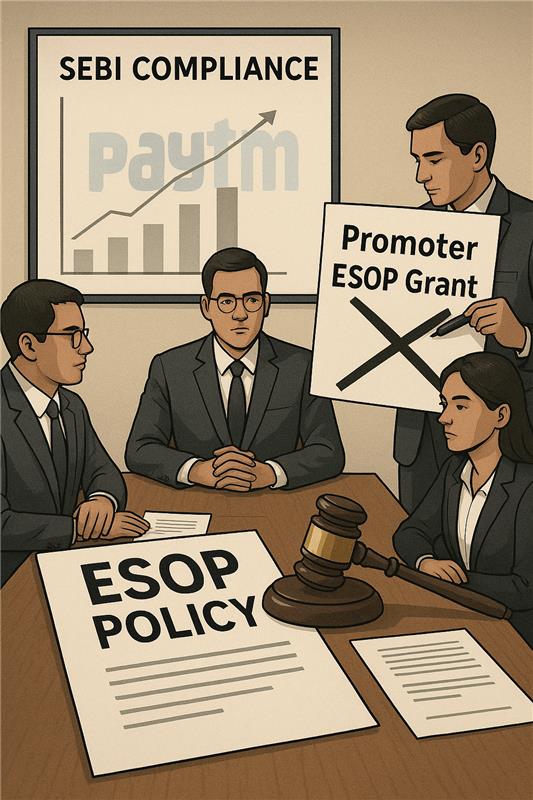The Indian Parliament has introduced a new law to promote good online games (like e-sports, educational, and social games) and ban harmful money-based games.
Why this law was needed
- Online gaming has become huge in India—especially among the youth.
- E-sports and social/educational games help with skill-building, innovation, and even jobs.
- But online money games (where you deposit money to win cash rewards) have caused major problems: addiction, financial losses, fraud, mental health issues, and even links to money laundering and terrorism.
- Many of these games run from foreign countries, making them difficult to regulate.
Key Elements of the Act
1. Clear categorisation of games
- E-sports: Competitive, skill-based gaming (like sports tournaments). Legal, encouraged, and to be promoted.
- Social/Educational games: Fun or skill-development games (may have subscription fees but no gambling). Legal and promoted.
- Online Money Games: Any game (chance or skill) where players pay money expecting winnings. These are banned nationwide.
2.What is prohibited?
- Offering or operating online money games.
- Advertising or promoting such games (including celebrity endorsements).
- Banks and financial institutions helping with payments for such games.
3. Authority on Online Gaming
- A new national Authority will be set up to:
- Register and recognise e-sports and social games.
- Decide if a game falls into the banned “money game” category.
- Handle complaints, issue guidelines, and regulate the industry.
4. Penalties
- Offering banned money games: Up to 3 years in jail + ₹1 crore fine.
- Advertising banned games: Up to 2 years in jail + ₹50 lakh fine.
- Banks helping with money transfers: Up to 3 years in jail + ₹1 crore fine.
- Repeat offenders face harsher punishments (minimum 3–5 years and higher fines).
- Offences are cognizable and non-bailable (serious crimes where police can arrest without warrant).
5. Blocking and Enforcement
- Government can block websites/apps offering money games.
- Enforcement officers can search, seize, and arrest without a warrant in physical or digital spaces.
Why was the Act introduced
- Protects youth and vulnerable groups from addiction and financial ruin.
- Promotes e-sports and educational gaming as part of India’s digital economy.
- Helps curb fraud, money laundering, and national security threats linked to gambling-style online games.
- Creates a uniform national law, instead of fragmented state-level rules.
Summary
The new law encourages healthy online gaming (e-sports, social, educational) but completely bans money-based online games. It introduces strict penalties, an Authority for oversight, and powers for the government to block and investigate offenders.
This is a major step in ensuring that India’s online gaming grows as an industry for innovation and recreation, not as a risky gambling trap.
Post a comment Cancel reply
Related Posts
IT Consulting Professional Services Agreements Drafting Services at Kontract Genie
Clear, Enforceable Contracts for Consulting, Advisory & Technical Services In India’s fast-paced digital economy, IT…
Non-Compete Clauses in India: Enforceable or Not?
Enforceability of Restrictive Covenants in Employment Contracts under Indian Law Employment contracts often contain restrictive…
MCA’s New Mandate on POSH Act Compliance: What Companies Must Know
In a significant move towards fostering safer workplaces and enhancing corporate transparency, the Ministry of…
ESOP COMPLIANCE REQUIREMENTS IN INDIA: LESSONS FROM THE PAYTM CASE
Employee Stock Option Plans (ESOPs) have emerged as a pivotal tool for aligning employee incentives…






